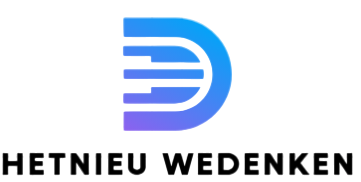Wethenorthonion Darknet Market Sparks Debate Over Online Privacy
The growing debate over online privacy and digital liberties has intensified with the rise of darknet markets, which offer a hidden space for individuals to engage in activities often outside the scope of traditional legal boundaries. These markets, though known for illegal transactions, also highlight critical issues surrounding anonymity, data protection, and the freedom to access information without oversight. As digital technologies evolve, they offer both opportunities for individuals to protect their privacy and the potential for misuse. This complex interplay between freedom and regulation forms the crux of the ongoing conversation about how much surveillance is justified in the name of security and how far governments and corporations should go in regulating digital spaces. One of the main arguments in favor of privacy advocates is the notion that individuals should have the right to operate anonymously in online spaces, free from constant tracking and data collection.
Many users, particularly in oppressive regimes or in cases where individuals may be at risk for expressing political or personal views, rely on these digital safe havens to preserve their privacy. These markets serve as spaces where people can transact and communicate without fear of repercussions from government surveillance or corporate data collection. However, the ethical dilemma emerges when illegal activities, such as the sale of drugs, weapons, or illicit information, take place on these platforms. This creates a significant challenge for law enforcement agencies that are tasked with keeping these markets under control while respecting users’ rights to privacy. The rise of encrypted services and decentralized networks that power these markets has added another layer of complexity to the issue. On one hand, We the north onion encryption is a powerful tool for ensuring that data remains secure, protecting sensitive information from hackers or unauthorized access. On the other hand, it complicates efforts by authorities to track illegal activities or prevent harmful transactions from taking place.
As such, governments are increasingly facing the challenge of balancing the protection of individual rights with the need to maintain order and safety within the digital realm. This has led to calls for stricter regulations, but there is no consensus on how to create policies that protect privacy without enabling criminal behavior. Despite these challenges, proponents of digital liberties argue that any attempts to censor or restrict access to certain online platforms risk undermining the very foundation of the internet itself: the free exchange of information. In a world that increasingly relies on the internet for both work and personal interactions, restricting access to certain parts of the web could lead to unintended consequences, including the stifling of innovation, education, and expression. Many believe that the internet must remain an open space for all, where individuals can share and access knowledge freely, without fear of censorship or government overreaches. There are also those who argue that the very concept of the darknet is a flawed one, built on a foundation of illegal and unethical activities.
